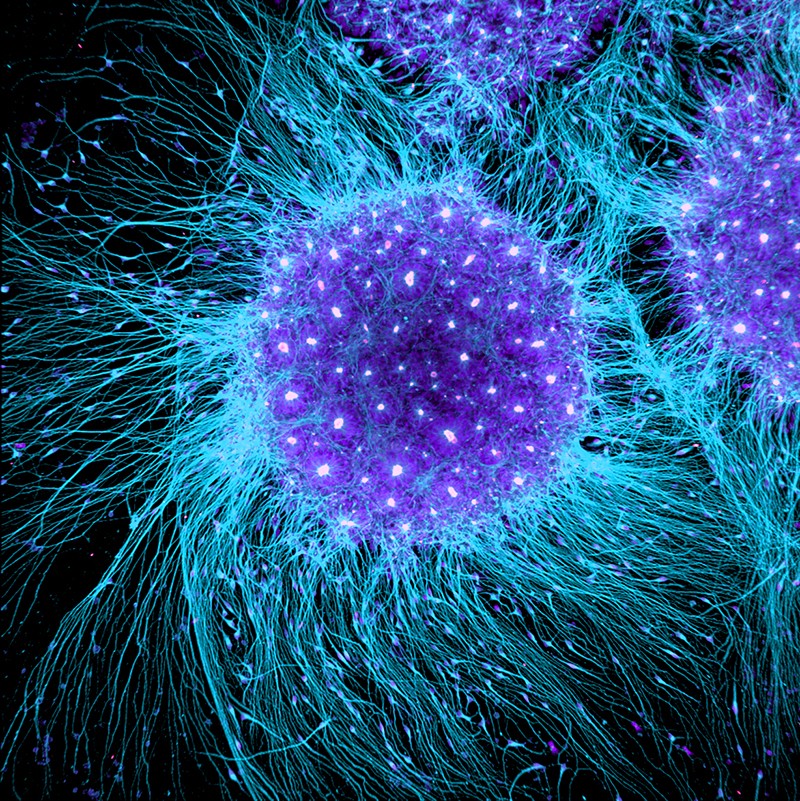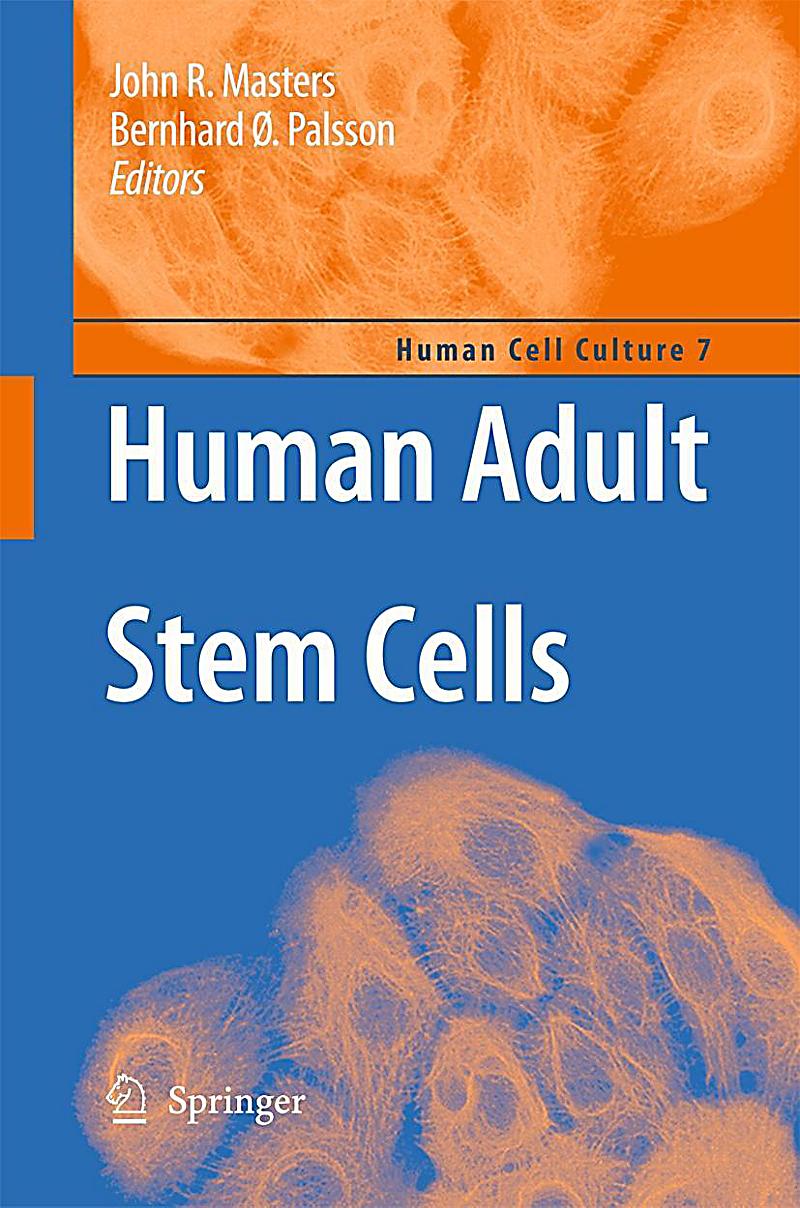There are several ways adult stem cells can be isolated such as harvesting from the body itself, amniotic fluid, from embryonic stem cells, and from other adult



Induction of Pluripotent Stem Cells from Adult Human Fibroblasts by Defined Factors




Overview: What is at stake? Types of stem cells. Does stem cell research kill human life? Quotations. Comparing embryonic, adult and Induced pluripotent (iPS) cells.
Induced pluripotent stem cells (also known as iPS cells or iPSCs) are a type of pluripotent stem cell that can be generated directly from adult cells. The iPSC technology was pioneered by Shinya Yamanaka’s lab in Kyoto, Japan, who showed in 2006 that the introduction of four specific genes encoding transcription factors could convert adult cells into pluripotent stem cells.
A team of scientists from Massachusetts General Hospital and Harvard Medical college has gotten one step closer, using adult skin cells to regenerate functional heart tissue from stable scaffolding.
TWO MAJOR STUDIES SHOW: HUMAN PLURIPOTENT STEM CELLS WITHOUT CLONING OR DESTROYING EMBRYO “On both ethical and practical grounds, direct programming is superior to

Successful reprogramming of differentiated human somatic cells into a pluripotent state would allow creation of patient- and disease-specific stem cells. We previously reported generation of induced pluripotent stem (iPS) cells, capable of germline transmission, from mouse somatic cells by transduction of four defined transcription factors.
Investigators at Columbia Engineering have developed a radically new approach to growing in the lab adult-like human heart muscle from blood-derived human induced pluripotent stem cells (iPSCs), over only four weeks of bioreactor cultivation. They essentially compressed the timeframe for development, which normally takes nine months, into a …
Stem cells are biological cells that can differentiate into other types of cells and can divide to produce more of the same type of stem cells. They are found in multicellular organisms.. In mammals, there are two broad types of stem cells: embryonic stem cells, which are isolated from the inner cell mass of blastocysts, and adult stem cells, …

Although progenitor cells have been described in distinct anatomical regions of the lung, description of resident stem cells has remained elusive. Human lungs contain undifferentiated human lung stem cells nested in niches in the distal airways. These cells are self-renewing, clonogenic, and
